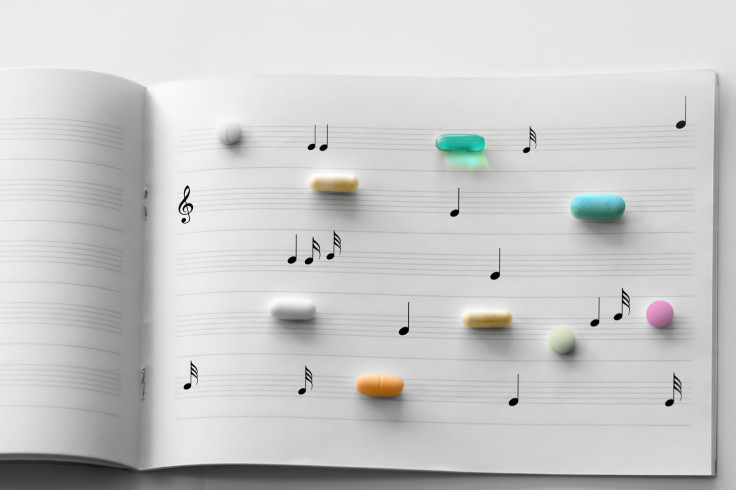Drug Addicts' Cravings Can Be Sparked By Cues Like Music And Friends, Causing Relapse

Avoiding drug-related cues are all an important part of eluding a relapse that could set back an addict’s recovery process by years. A team of researchers from the National Center for Biotechnology Information found certain lifestyle cues were stronger at leading to a relapse than blatant substance-related cues. The findings, published in the journal Addiction, could help improve future rehab treatment therapies for drug addicts.
"This work opens the prospect of integrating individual markers predictive of relapse in treatment programs for better long-term prevention of relapse. We are eager to start a new study to test this," lead study author Dr. Melina Fatseas said in a press release.
Researchers studied 132 outpatients being treated for alcohol, tobacco, cannabis, and opiate addiction. Using a cellphone app, participants answered four questions throughout the day that related to their cravings, substance use, and exposure to certain cues that were unique to them. Previously, research has found certain cues like substance-related items, including bottles, needles, or lighters were enough to incite a dangerous craving within the person. However, the lifestyle habits the individual developed during use remained largely misunderstood, according to researchers.
For the first time, this study was able to reveal the strength of the cravings depended more on an individual or habit. If you’re a recovering alcoholic, for example, hanging out with your friend who you used to drink alcohol with is more likely to drive you to relapse than sitting in a room with a bottle of vodka. Same goes for music and other similar lifestyle habits. If you got high with your favorite Pink Floyd album playing in the background, there’s a higher chance when you hear one of their songs you’ll use again.
Drug and alcohol relapses are a setback for patients, and according to the National Institute on Drug Abuse (NIDA), 40 to 60 percent of addicts relapse. Thankfully, addiction is a treatable disease and has led to the development of science-backed interventions to help people stop abusing drugs and alcohol to resume productive lives. Just because a person has relapsed doesn’t mean they have failed treatment, according to the NIDA. In fact, the chronic nature of the disease makes relapse a likely road for recovering addicts. However, by cutting out certain cues that fuel temptation, patients may have an easier time fighting cravings.
There’s still more research to be done. But if drug counselors focus more of their attention on detaching patients from their cigarette-smoking partners, and less attention on hiding lighters from their sight, relapse rates could drop. The study’s co-author Dr. Marc Auriacombe said, "In the meantime, clinicians should really focus their treatment programs on craving reduction and control of its determinants."
Source: Fatseas M, Auriacombe M, Serre F, Alexandre JM, Debrabant, and Swendsen J. Craving and substance use among patients with alcohol, tobacco, cannabis, or heroin addition: a comparison of substance-and person-specific cues. Addiction. 2015.
Published by Medicaldaily.com



























